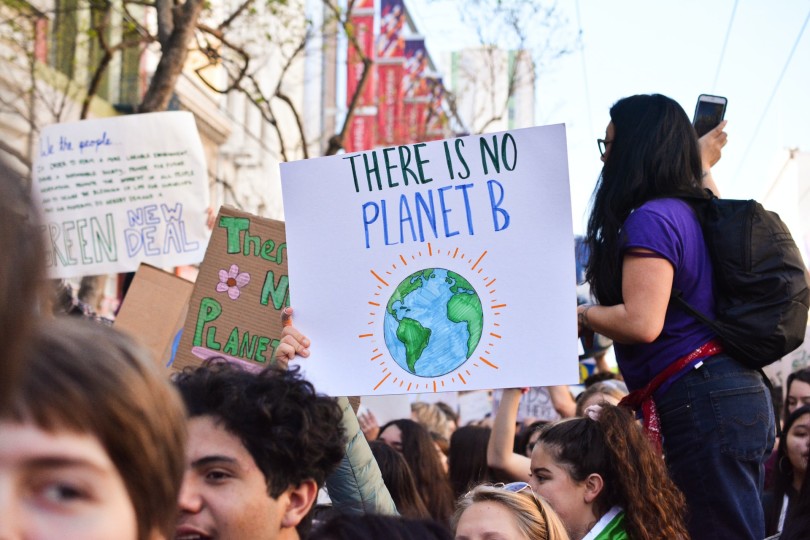Is Autonomous Driving coming to the UAE?
26 Apr 24
Lab ChatThe Global News Source for the World of Science and Chemicals
15 April 2022
Chem Chat
The UAE is making steady progress towards its twin goals of expanding its oil production capacities and enhancing its environmental credentials on the international stage. Although the objectives might seem to be at loggerheads with one another, the UAE is confident that it can attain its long-term target of a net-zero economy by 2050, even as it relies on fossil fuels for a significant part of its economic strength.
How is this apparent contradiction in terms reconciled? Well, the UAE counts only those emissions which are generated on Emirati soil towards its overall output. As a result, it is focusing on creating cleaner pathways for the extraction, storage and distribution of oil and gas, even as it reduces its own dependence on the fuels in favour of renewable means of power generation.
In the short- to medium-term, the UAE has earmarked a target of increasing its crude oil production capacity to over five million barrels per day from the four million it currently boasts. It hopes to achieve this feat by 2030 at the very latest and took a major step towards the goal at the start of the year, when the state-owned oil company Abu Dhabi National Oil Company (ADNOC) awarded a $946 million tender to the UAE’s National Petroleum Construction Company (NPCC).
The contract gives NPCC the rights to develop and expand the Umm Shaif offshore oil field. The news came shortly after the UAE announced it had discovered some 480 million barrels of untapped reserves in its Block 4 concession. Together, the two developments should help to place Murban as a key benchmark on regional and international trading platforms.
Murban carries a number of unique characteristics that define it as a high-quality grade oil and is a sought-after commodity in the crude oil sector. It currently accounts for around half of the UAE’s four-million-barrel daily capacity, but that share is expected to grow as its overall capabilities do.
Of course, the news that the UAE is in the process of expanding its oil production facilities seem to run counter to its longer-term goal of reducing its carbon footprint to nil by 2050. The Emirati government made the historic pledge last October in the run-up to the COP26 summit in Glasgow, becoming the first Gulf nation to do so in the process.
The truth is that the country has spent several decades and many billions of dollars in attempting to diversify its economic and energy portfolios. To date, it has invested over $40 billion into clean energy projects, including $16.8 billion in 70 other nations around the globe. The progress made at home is clear to see – in 2015, it had a renewable energy generation capacity of just 100MW. In 2020, that figure had shot up to 2.4GW and the authorities hope to reach 14GW by the end of this decade.
At the same time, the government is very aware that it still relies on fossil fuels for some 30% of its GDP and that an immediate transition away from them would be crippling in both economic and societal terms. As such, it plans to produce its energy in cleaner ways by incorporating blue hydrogen, carbon capture and storage and other innovative technologies into its operations, even as it weans itself away from oil and gas.
DOWNLOAD PDF

2 Day Seminar Program
@ ArabLab+ 2024
24 & 25 September 2024
22 Apr 24
Lab ChatYour stay in Dubai
Labkit
Product News
Chemkit
Product News
Thinking about exhibiting at ARABLAB 2024? Watch our video to find out more.
Join the world’s leading organisations…
Join our mailing list and receive the ARABLAB newsletter and event updates.